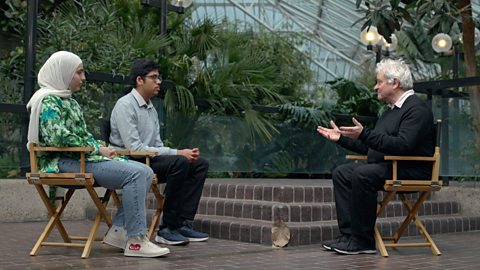Nafeez:
Hi, My name's Nafeez.
Farjana:
Hi, I'm Farjana, and today we're interested in how to make a fairer society.
Minouche Shafik:
I'm Minouche Shafik, Director of the London School of Economics and Political Science and former Deputy Governor of the Bank of England, among other things. I've worked advising world leaders about how they want to organise their societies.
Minouche Shafik:
You might already know about how Governments collect taxes and use it to pay for things like schools and hospitals. I'm going to talk about how all this fits together, about why we take part in society and give our time and our money to care for those older, younger and those needier than us.
Farjana: What would you say makes a good citizen?
Minouche Shafik:
People often think of themselves as achieving things as individuals and forgetting that society contributes hugely to them and to their life chances and outcomes and so a good citizen is someone who recognises all the things that previous generations have done to get them where they are and gives back to future generations to help them have a good life. So I like to think of it as concentric circles, we often feel the biggest obligations to our immediate family, but we also have obligations and responsibilities to our wider community and we also have things that we owe to fellow citizens like obeying the laws and I would argue that we also have obligations to people in other countries who we may never meet, but because we share the planet together, if they are in severe distress, like, if there is a war or humanitarian crisis. Or they inhabit a part of that planet that we helped to destroy. We have obligations to them as well. And obviously those obligations are most intense at the inner circle and get a little bit less, the further out you go.
Farjana:
What advice would you give to like us and our generation on how we could grow up to be good citizens?
Minouche Shafik:
At this stage in your life, the most important thing you can do is get a really good education and really put your heart and soul into it because that will have such a huge consequences for the lives that you lead.
Nafeez:
Do you believe someone's background may affect how they are as a citizen?
Minouche Shafik:
I think that where you start in life is completely random and a good society helps make sure that, that random event of where you're born and what family you're born into, doesn't determine your destiny. I think in a good society, everyone should have a chance to improve their life.
Nafeez:
What do we owe our communities for raising us to be the way we are?
Minouche Shafik:
We all benefit from other people's generosity and in exchange, we need to support people when we have the capability to be able to help them. This idea of reciprocity, that if someone's kind to you, you owe them kindness back, is a very-very intrinsic to humans.
Nafeez:
How should people evaluate themselves as citizens, as in, what should they see in themselves to make themselves a better citizen?
Minouche Shafik:
When you look at studies around the world that determines what makes people happy, the most important thing is the quality of the relationships in their lives and those relationships can be in their community, in their workplace, in organisations where they volunteer and so, I think, good citizens engage in a broad array of relationships, wherever they live and that's good for society but it's also good for them and it will make them happier and lead a better life.
Farjana:
Today I've learned that a fair society requires each generation to look after the next.
Nafeez:
Not only is it the communities responsibilities to help you better yourselves as citizens but it's also your responsibility.
Former Deputy Governor of the Bank of England Minouche Shafik talks about why we take part in society and give our time and our money to care for those older, younger and needier than us.
Minouche explains the obligations and responsibilities we have to our wider community and also the things that we owe to fellow citizens like obeying the laws.
We all benefit from other people's generosity and in exchange, we need to support people when we have the capability to be able to help them.
The idea of being a good citizen is explored and the importance of having a broad array of relationships, wherever you live, and that's good for society but it's also good for you and it will make you happier and lead a better life.
This short film is from the BBC Teach series Lessons with Leaders.
Teacher Notes
Things to check your students know:
- What tax is.
- Different types of tax and how it is used
- What social responsibility is or what it means to be a good citizen
Possible talking points:
Citizenship:
- What is social responsibility? Can you define: What it is to be a good citizen? What privilege is? What is meant by ‘moving up the social ladder’?
- Is it easy to be a good citizen? Why? Why not?
- What does Shafik say makes a good citizen? Do you agree?
- Why is paying taxes, obeying the law and engaging in your community linked to being a good citizen?
- Minouche says ‘background is random; it shouldn’t affect your destiny. In a good society everyone should have a chance to improve their life’. She argues that if you have been born into privilege you should have ‘a greater sense of responsibility to share the privilege.’ Do you agree? Why?
Business Studies
- Can you define ‘corporate responsibility’?
- Minouche talks about how the government collects taxes and uses them to pay for things like schools and hospitals. Do you agree this is a good use of money? How do you think the government should spend taxes?
- Do you think it is fair that businesses contribute to taxes as well as individual employees? Why?
- Minouche talks about how to be a good citizen we should care about immediate family, the wider community, fellow citizens and even other countries. How could businesses show their corporate responsibility?
Follow on tasks - You could ask students to:
Citizenship – students could write a manifesto for what a good citizen of their school looks like – how can students take social responsibility within the school setting – how far should the ‘concentric circles’ spread? Why?
Alternatively, students could debate the importance of social responsibility; considering key terms such as capitalism and socialism and researching examples of famous people who model different levels of social responsibility.
Business Studies – students could debate the pros and cons of ethics versus profit in developing a business that demonstrates corporate responsibility.
Students could create a plan for how a specific business could exercise more corporate responsibility, taking into account ethics verses profit and environmental considerations.
Curriculum Notes
- This video can be used to help stimulate discussions around topics such as: social responsibility, citizenship and politics.
- This may apply to topics covered in Citizenship and Business Studies.
- It is most suited to 14-16-year-old pupils across the UK in developing their understanding of social responsibility and the role of taxes in society.
- In England, NI and Wales it is relevant to GCSE Business when considering ethical and environmental considerations.
- In Scotland it is linked to Modern Studies' when social issues and inequality are explored.

More from the series Lessons with Leaders:
Cressida Cowell - The importance of play. video
Author and illustrator Cressida Cowell talks to two students about the importance of play in unlocking your creativity.
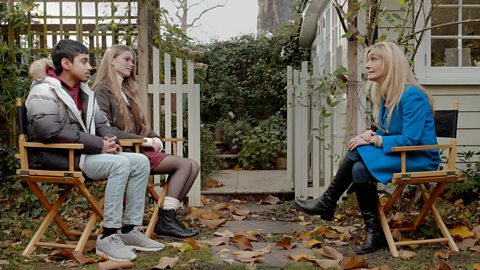
Kumi Naidoo - How to be a good activist. video
Kumi Naidoo talks about how he got involved in activism and how to be a good activist.
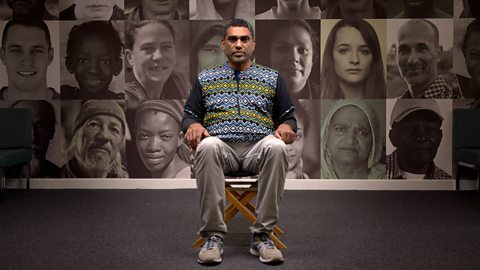
Rich Roberts - Learning from failure and luck. video
Nobel Prize winning scientist Rich Roberts talks about learning from failure and luck.
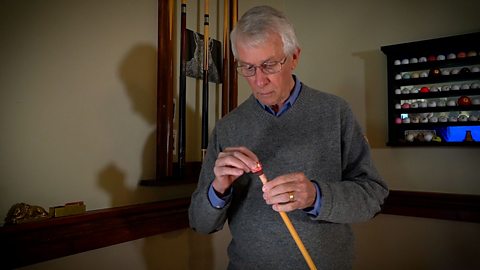
Jocelyn Bell Burnell - Why unconscious bias matters. video
Professor Jocelyn Bell Burnell talks to two students about why unconscious bias matters.
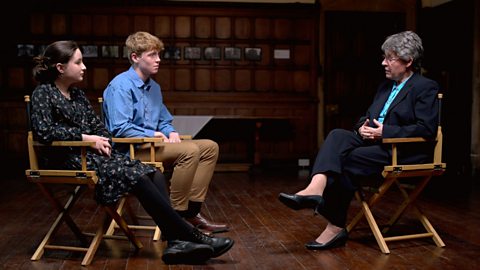
Venki Ramakrishnan - The race in science. video
Scientist Venki Ramakrishnan explains the vital role played by competition and cooperation in science.
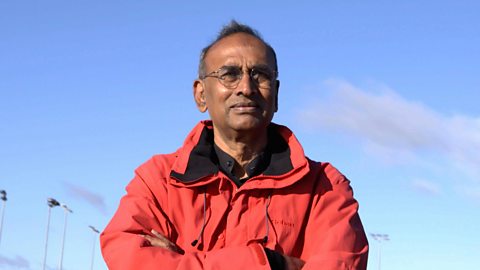
Benjamin Zephaniah - Finding your voice. video
Poet and novelist Benjamin Zephaniah talks about the importance of finding your voice.
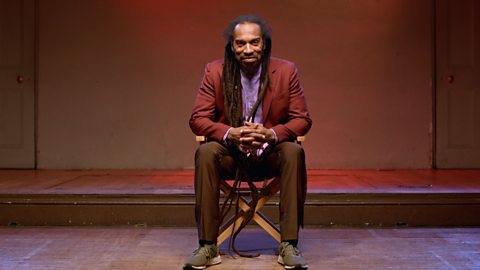
Paul Nurse: What is life? video
Biologist and Nobel Prize winner Paul Nurse talks about what biology tells us about life.
